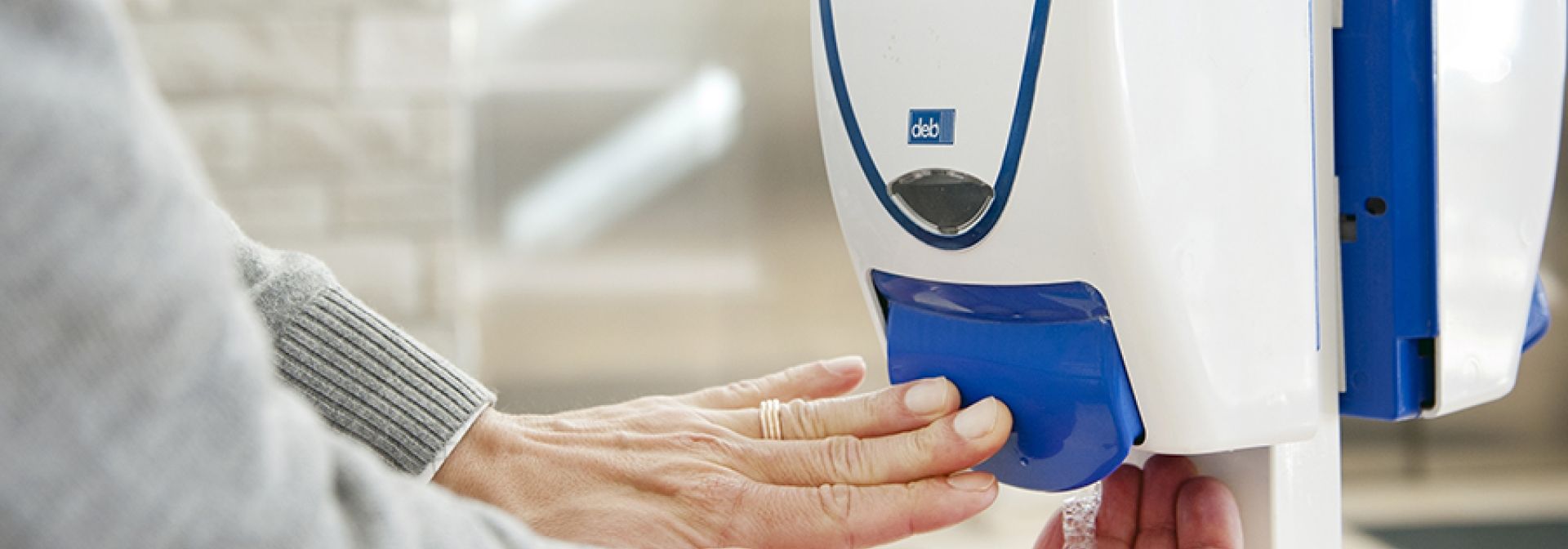Your safety

There are many ways we work to protect your safety while you are at Kingston Health Sciences Centre (KHSC). While many of our patient safety activities take place behind the scenes, there are some that you will see in action while you are here.
The most important thing we all can do to prevent infection is to wash our hands regularly. We post our hand-hygiene compliance rates in all of our patient care units so you can see how we are doing. If someone enters your room and doesn't wash their hands, feel free to remind them to do so. For more information, visit our hand hygiene page.
If you are being admitted to the Kingston General Hospital (KGH) site, you will receive an identification band when you arrive at the hospital. Please keep your band on and let a member of the care team know if it comes off, does not fit well or becomes faded. Our staff members see many patients throughout their shifts, so to ensure your safety and that of other patients we will check your ID band and ask about your identity many times during your visit, for example, before you receive medications and before tests and/or procedures begin.
Sometimes your medications will change while you are in the hospital. We will make sure to talk to you and your family about these changes. We will also speak with you about your medications before you leave the hospital. Please ask if you have any questions about your medications. For more information on how we work to make sure you receive the medications that are right for you, visit our Pharmacy Services page.
When you arrive at KHSC, we will assess you for risk of falling as part of our fall prevention program. However, if you feel like you need help getting around, it is important that you ask our staff for help. For more information, please see our brochure on how to prevent a fall in hospital.
For the safety and comfort of those with allergies and sensitivities, please respect that the hospital is scent sensitive environment and do not wear scented products or keep flowers with scents in your room.
Both KHSC sites are smoke-free and smoking is not allowed anywhere on hospital property. If you smoke, please speak with a member of your care team about the smoking support alternatives that we have available for you while you are in the hospital.
You are encouraged to leave money and valuables at home, especially if you are going to be at one of our sites for a prolonged period of time. We know that you will have personal items such as clothing, medications, and support aids with you (for example, eyeglasses, contact lenses, dentures, hearing and mobility aids). KHSC does not assume responsibility for these items if they are damaged or go missing. If you need to contact Lost and Found please call KGH site extension 4218.
Our Protection Services team is on duty and available 24 hours a day, seven days a week. You can identify them by the uniform and photo ID badges that they wear. To contact Protection Services or report a problem, please call call KGH site extension 4142.
Kingston Health Sciences Centre is a place of respect, for patients, families, guests, volunteers and staff. Abusive, aggressive or violent behaviour will not be tolerated. If any form of abusive, aggressive or violent behaviour is observed, action will be taken including the removal of a person(s) from the hospital and if required, filing charges with the police.
Deep vein thrombosis (DVT) occurs when a blood clot (thrombus) forms in one or more of the deep veins in your body. While in hospital you are at an increased risk of DVT as it is more likely to occur when you're unwell or inactive, or less active than usual. Fortunately, there are ways to significantly lower this risk which the hospital uses as part of your care. These measures are known as VTE prophylaxis or clot prevention. Learn more by talking with your health team about your risk of developing a clot or read more about it online here.